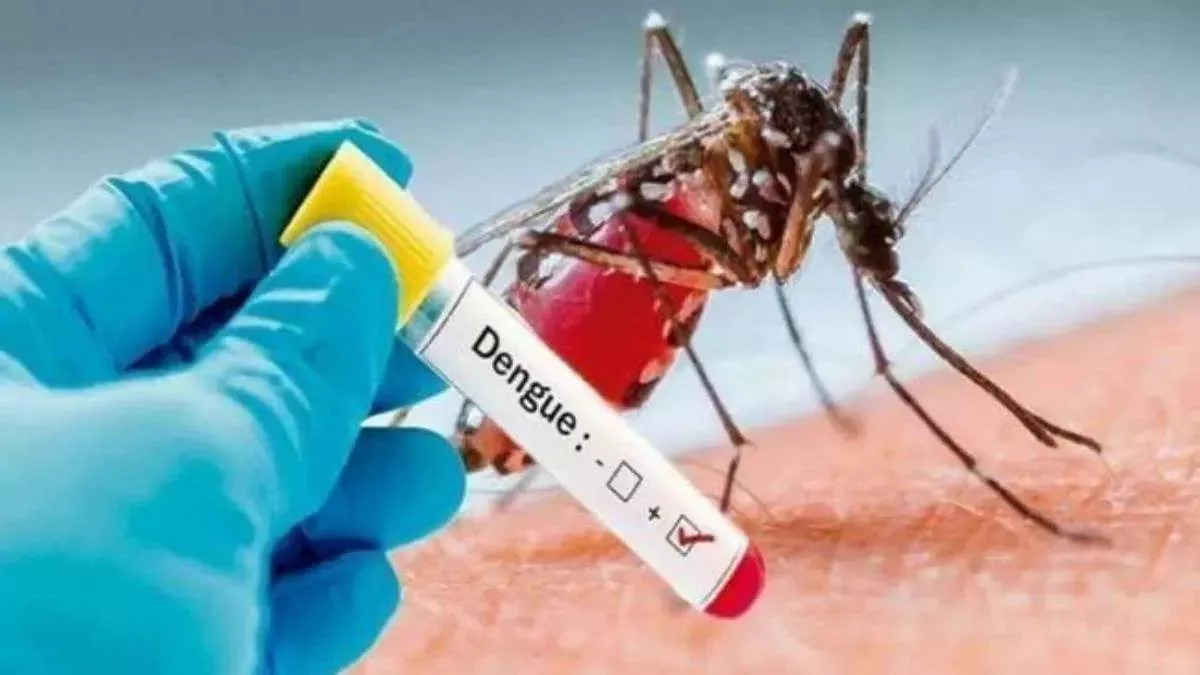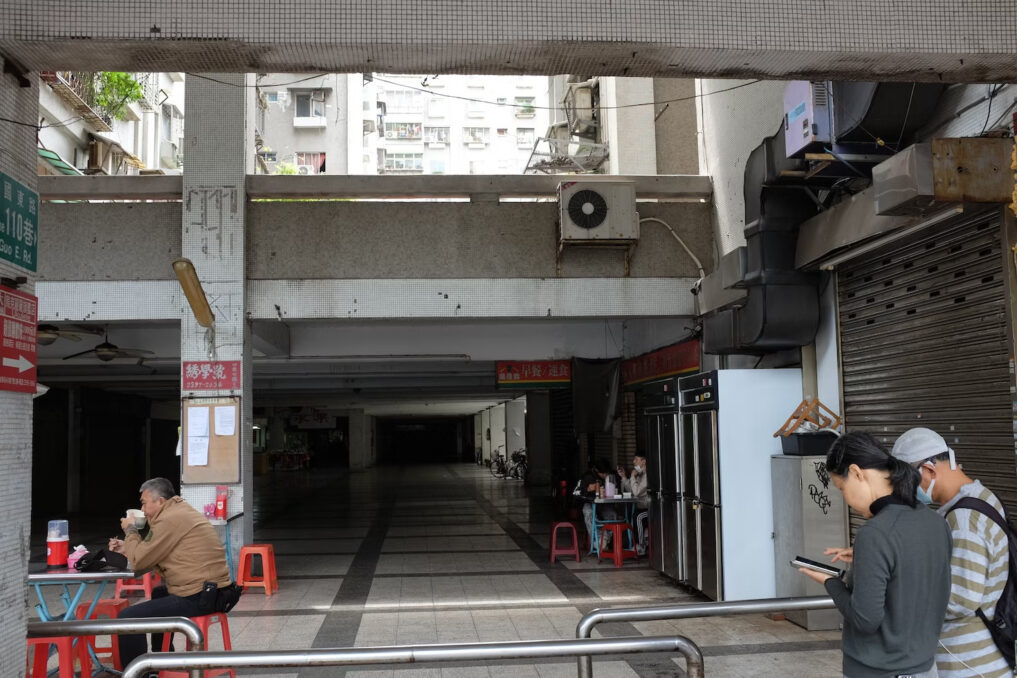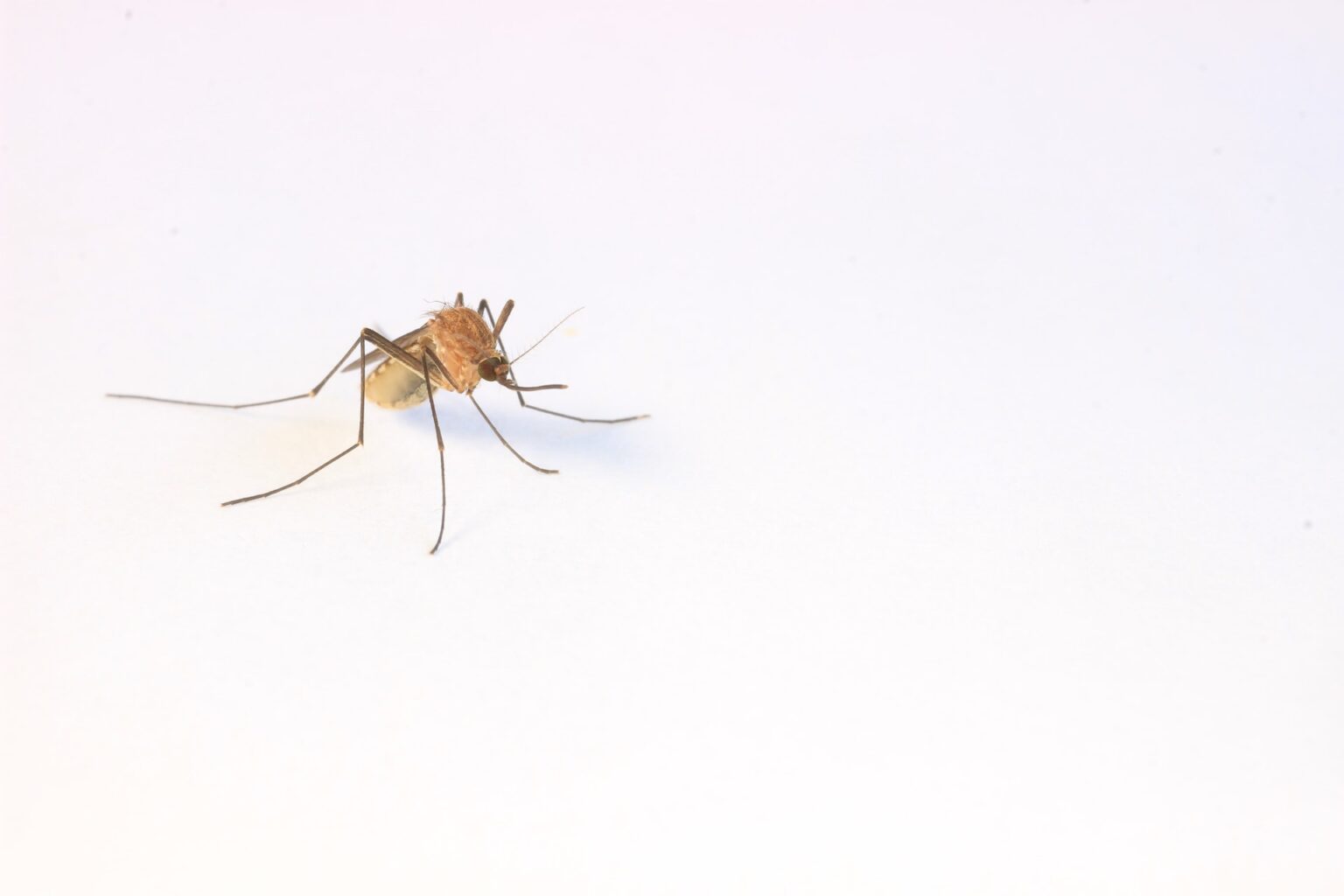The health experts have asked the residents to take preventive measures since the rise of Chikungunya and Malaria cases. The doctors have asked the patients to take a day, at least, out from their busy schedule to check their surroundings for any mosquito breeding grounds.
The district has been suffering from mosquito-borne diseases during the last few days. The officials have reported a total of 48 active cases of dengue and 33 active cases of chikungunya.
As of Tuesday, the positive cases of dengue increased to a count of 192, with 6 new cases. There was a total count of 130 cases of chikungunya that was reported, with 16 new cases marked by the doctors.
Cases of Chikungunya and Dengue that Remain Unreported

The cases for dengue and chikungunya have been rising at a greater scale, but the officials have said that these figures did not reflect the true number of cases. According to them, the situation was a lot worse in the state since many of the diseased have symptoms of both. There are several patients who have been treated at private hospitals and clinics.
According to the health officials, the breeding of mosquitoes can occur at very uncommon places, such as the boxes of waste water that is placed behind the refrigerator. The breeding of these infectious mosquitoes can also occur in the bottles of money plants, empty flower pots, dustbins kept in the open, tyres, and any other places that are able to hold water. Anything can be used as a breeding ground by these mosquitoes.

The team of health officials from the district had visited about 321 houses on Majitha Road, Tungbala on Monday. They had visited some of the houses in Shivpuri as well on the very same day. Mosquito larvae were found in about 35 houses within the list of checked residences.
It is the advice of Civil Surgeon, Dr. Vijay Kumar that people should make it their religious duty to care about the chikungunya and malaria mosquito breeding. One day per week should be dedicated towards checking their residence grounds for any areas of breeding. He also said that mosquito breeding can be prevented if people are more cautious towards the cause.
The Civil Surgeon had also commented that the health officials have also been using mobile oil to check the breeding of the chikungunya and malaria mosquitoes. The oil is being poured onto the ponds to make a thin layer on the surface of the water. That reduces the oxygen level and prevents the mosquitoes from breeding in the water.
Aside from Amritsar trying to prevent the spread of chikungunya and malaria, New Delhi has also issued more than 1 lakh notices to the residents. 27,100 penalties have been issued against the violators of the rules. The violators were listed during the inspection of the households and the detection of the breeding grounds during that time. The detection of the larvae of mosquitoes has been continuing during the last few months, according to the shared data on Tuesday.
The Municipal Corporation of Delhi has professed that the most vulnerable spots for the breeding of chikungunya and malaria mosquitoes are the construction sites. About 21% of the infectious mosquitoes have been found in those sites, followed by the majority breeding in parks, nurseries, government offices, and educational institutions.
The civic bodies have said that they are on a war footing to curb the issue of these infectious mosquitoes and will keep checking on the spread of dengue, malaria, and chikungunya.













